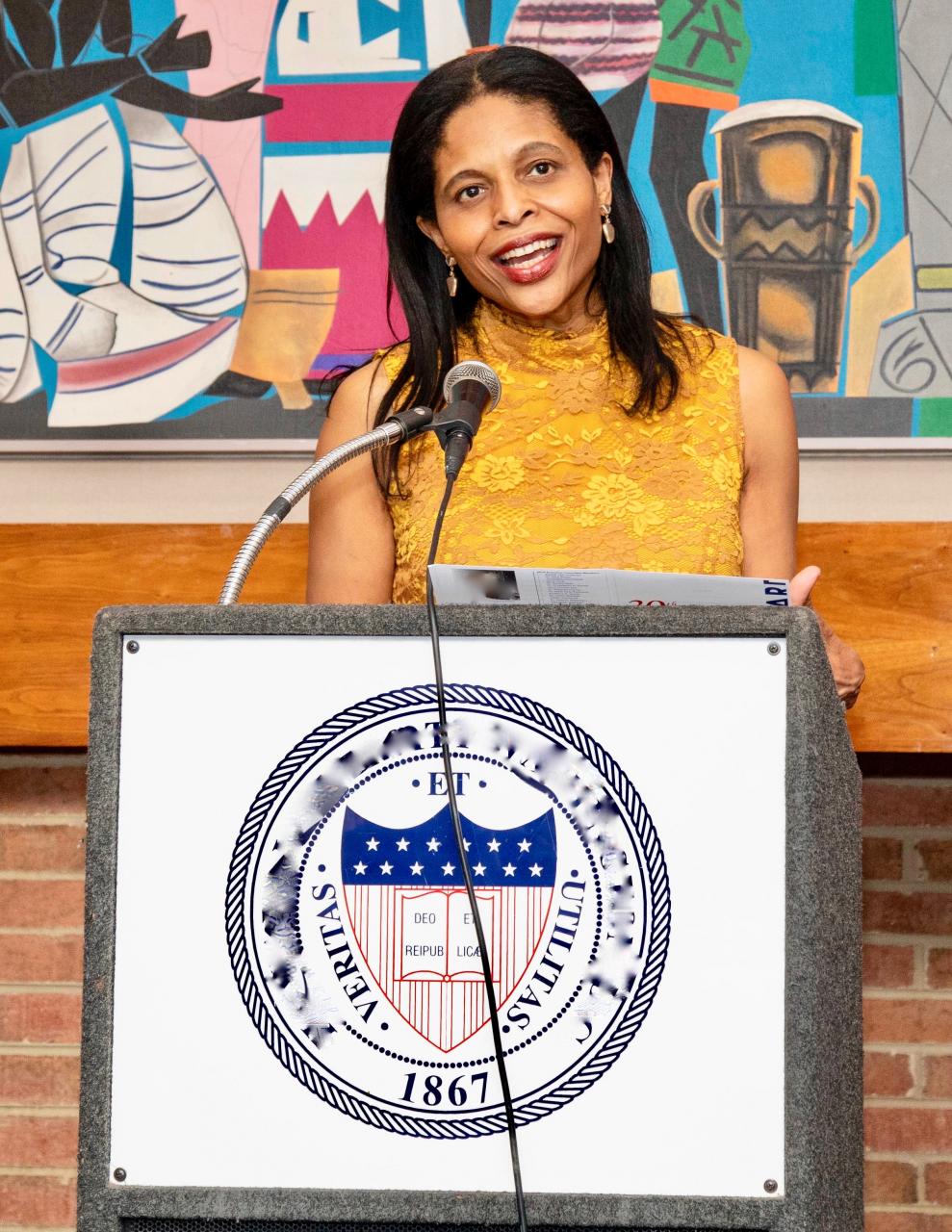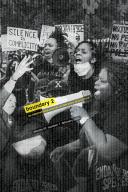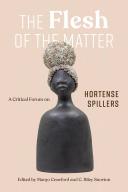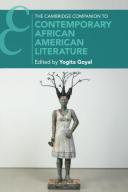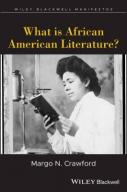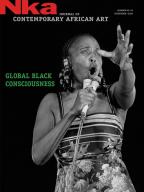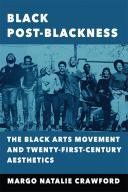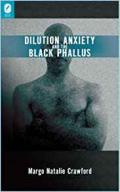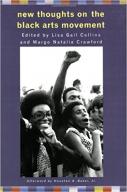Margo Natalie Crawford
Professor of English, Edmund J. and Louise W. Kahn Professor for Faculty Excellence
Margo Natalie Crawford is the Edmund J. and Louise W. Kahn Professor for Faculty Excellence. She is the former director of the Center for Africana Studies.
Crawford received her Ph.D. from Yale University's American Studies Program. She is a scholar of 20th and 21st century African American literature and visual culture and global black studies. Crossing boundaries between literature, visual art, and cultural movements, her scholarship opens up new ways of understanding black radical imaginations. Her other research interests include performance studies, comparative ethnic studies, radical black feminism, and theories of the black diaspora.
Crawford is the author of Black Post- Blackness: The Black Arts Movement and Twenty-First- Century Aesthetics (2017). Black Post-Blackness compares the black avant-garde of the 1960s and 70s Black Arts movement and some of the most innovative spins of 21st century black aesthetics. Black Arts movement writers and visual artists are compared to a wide range of African American visual artists and writers who are at the forefront of 21st century black aesthetics. She shows that the mood of the 1970s “second wave” of the Black Arts movement is as “black post-black” as the cultural mood of 21st century black aesthetics. She is also the author of Dilution Anxiety and the Black Phallus (2008). She is the co-editor of New Thoughts on the Black Arts Movement as well as Global Black Consciousness. Her essays appear in a wide range of books and journals, including American Literary History, South Atlantic Quarterly, Boundary 2, Modern Drama, American Literature, The Psychic Hold of Slavery, The Trouble with Post-Blackness, The Modernist Party, Publishing Blackness: Textual Constructions of Race Since 1850, The Cambridge Companion to American Poetry Post-1945, Want to Start a Revolution?: Radical Women in Black Freedom Struggle, Callaloo, Black Renaissance Noire, and Black Camera.
Her latest book, What is African American Literature?, was published in 2021. Her co-edited volume The Flesh of the Matter: A Critical Forum on Hortense Spillers was published in 2024.

 Department of English
Department of English
